

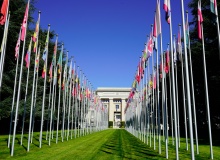
Upholding the worth and dignity of all human beings is hard work, but it is an essential part of our responsibility to represent Jesus in a hurting and divided world.
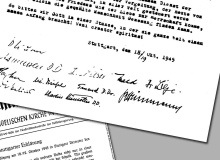
The Stuttgart Declaration of Guilt teaches us that true renewal begins on our knees, in our hometown squares as much as across our shared and loved continent.
.jpg)
Eighty years ago, the United Nations was conceived within a moral atmosphere deeply permeated by Christian thought. Yet the vital role that Christians played in this vision is largely forgotten.

What is the office of the Pope? How does this institution fit into the global world and in the ecumenical relationships outside of Rome?
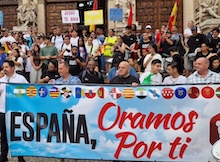
Thousands gathered in 36 Spanish cities to pray for the needs of the country.
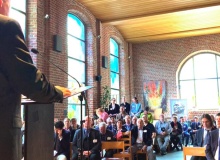
Divorced from its Christian roots, Schuman warned, democracy would degenerate into anarchy or tyranny, a process we see unfolding before our very eyes right now.
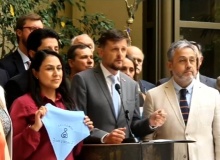
“We cannot accept the promotion of a free abortion law, while the crisis of vulnerable children continues to be forgotten”, said members of the national parliament.
.jpg)
The roots of human rights actually go back much further than the Enlightenment, to minority Christian traditions including Mennonites and Baptists.
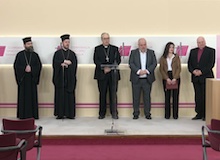
“Human dignity does not depend on social consensus, but is an intrinsic quality of every human being”, states the text signed by Catholics, evangelicals, Anglicans, Muslims and Orthodox.

The Greater Love Declaration upholds “a classic, orthodox Christian teaching on marriage, sex and identity”. “We will not surrender the ‘Greater Love’ of Jesus”, signatories say.
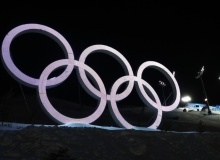
The Winter Olympics begin this week amid complaints about the Chinese regime's “massive abuses” of minorities and the strict surveillance of its citizens.
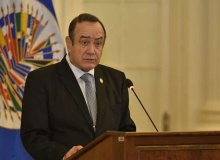
The Guatemalan President announced that the declaration will take place on 9 March 2022, with a message of respect for life from conception.

A declaration of the Committee of Evangelical Teachers in Italy (CIEI) about the Global Compact on Education promoted by Pope Francis and signed by representatives of various religions.

“Jesus calls us to live and reflect the Kingdom of God here on earth, working for the protection of all creatures without fatalism or desertion”, says the declaration.

Evangelicals condemn forced therapies but say the will of same-sex attracted people who seek spiritual support has to be respected.
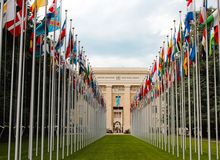
The Geneva Consensus Declaration states that “there is no international right to abortion”. The document tackles the promotion of equal rights for women and the need for universal health coverage.

Rome can be very softand adaptable in many respects, but the Eucharist is the core of its “Roman” identity and so it is strictly safeguarded.

Let the Reformation continue… yes, but let it continue in the gospel terms of Scripture alone and Faith alone.

The 2013 document, signed by the Lutheran World Federation and the Roman Catholic Church in preparation for the 2017 Reformation anniversary, indicates the goal of an ecumenical trajectory for the two church bodies.

On the surface, the Pope’s comments on justification seem to be very biblical and indeed very Protestant.

We sometimes receive strong criticism from evangelical Christians over our friendly interaction with senior Roman Catholic leaders. A response by Thomas Schirrmacher and Thomas K. Johnson.

I have attempted to demonstrate that the Catholic and Protestant systems of salvation are mutually exclusive, and that ecumenical dialogue must take seriously the distance that the word “alone” puts between them.

For the Catholic Church, “by grace alone” means that grace is intrinsically, constitutionally, and necessarily linked to the sacrament, and thus to the Church that administers it.

In Wittenberg, the WCRC signed the Joint Declaration on the Doctrine of Justification (1999).

With Pope Francis the Roman Catholic Church is simply becoming more “catholic”, i.e. embracing and absorbing all, without losing its being “Roman”.

Las opiniones vertidas por nuestros colaboradores se realizan a nivel personal, pudiendo coincidir o no con la postura de la dirección de Protestante Digital.